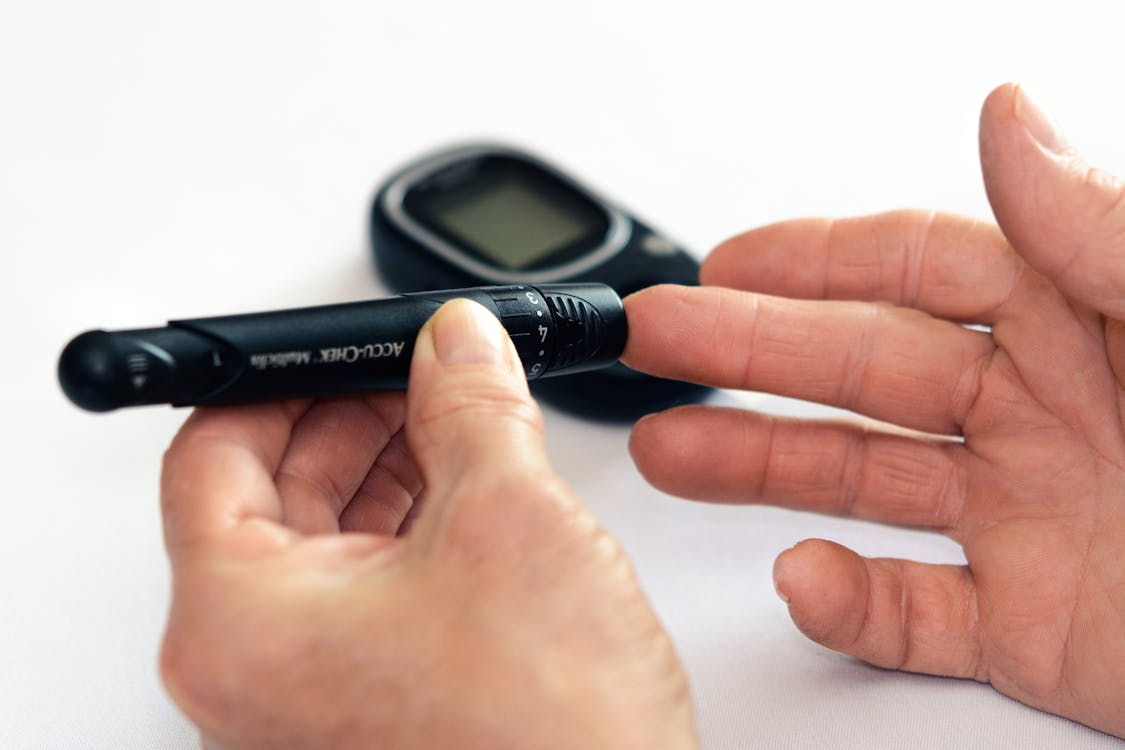Worldwide pregnant women experience mental health during pregnancy or after birth. On average WHO reports that 10% of pregnant women and 13% of women who have just given birth experience a mental disorder, mainly depression. The mother may experience perinatal mental illnesses and may experience a range of conditions, including anxiety, depression, bipolar disorder, post-partum, psychosis, and post-traumatic stress disorder. NHS outlines that around 20% of mothers in the UK experience perinatal mental illnesses. If the illnesses are not treated, it can affect other members of the family, including children and the father. Around 25 – 50% of fathers will experience perinatal depression. Generally, this is a stressful time for the family who are likely to be under pressure during this time.
Having a child can be a stressful event, as you are unable to undertake activities and have a regular routine which you are used to. Individuals may struggle to adapt to a new way of living. Parents are likely to argue during this stressful time and there is likely to be sleep disturbance throughout the night. The father and mother are likely to spend less time together which impacts their relationship, and it is likely to lead to depression and anxiety.
Initially, most women will experience tearfulness and low mood, as soon the baby has been born, however, if this continues you may be suffering from postnatal depression and perinatal mental illness. Symptoms are different for every mom.
Symptoms of maternal mental health
– Often feeling sad and tearful.
– Anxiety, afraid to be on your own with your baby.
– Struggling to adjust to parenthood and bonding with your baby.
– Feeling stressed and unmotivated.
– Generally feeling more tired than usual but struggling to go to sleep.
– You may feel less interested in eating.
– You may get angry and annoyed more easily.
– Difficulties with clear thinking and making decisions.

What to do if you are suffering from maternal mental health
If you are suffering from postnatal depression and perinatal mental health issues, then it is good to initially speak to your loved ones and seek professional help if required. At Secure healthcare Solutions, we want women and families to know that support is available during this difficult time.
The NHS gives some great advice about Mental health experienced during pregnancy. Click here to find out more.
Our healthcare professionals are here to support you, particularly our support workers. They look after the well-being of people in their daily lives. Individuals can be supported with carrying out daily tasks to care for themselves, providing emotional support, and teaching new skills which will help you.
Speak to us today to see how we can support individuals with maternal mental health problems. Email us at homecare@securesolutions.co.uk or call us on 01902 302 017 to discuss how we can support you or your loved ones to provide the best possible care and support.









